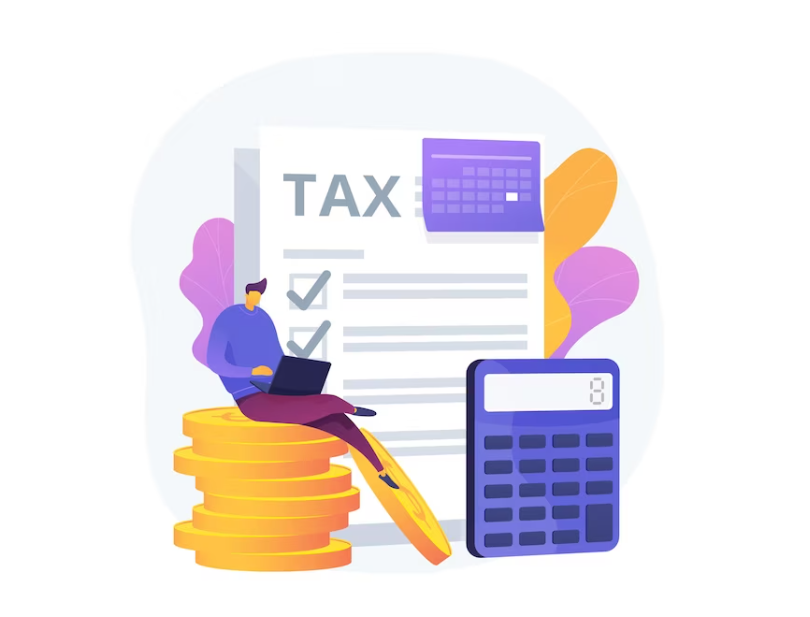Tax season is approaching, and many people are wondering which tax regime to choose – the old regime with various deductions or the new regime with lower tax rates. Here’s a breakdown of the key points to consider when making this decision:
The New Tax Regime:
- Simpler Tax Filing: The new regime offers a simplified tax structure with fewer deductions to claim. This can save time and effort during tax filing.
- Increased Tax Rebate Limit: For the 2023-24 financial year, individuals earning up to ₹7 lakh can pay zero tax under the new regime. This is a significant increase from the previous limit of ₹5 lakh.
- Lower Tax Rates: The new regime offers lower tax rates compared to the old regime, especially for those in the lower income brackets.
However, there’s a catch:
- Limited Deductions: The new regime does away with many popular deductions available under the old regime, such as those for House Rent Allowance (HRA), Leave Travel Concession (LTC), and investments under Section 80C (which includes PPF, life insurance, and tuition fees).
The Old Tax Regime:
- More Deductions: The old regime offers a wider range of deductions that can significantly reduce your taxable income. This can be beneficial for individuals with high expenses related to housing, medical care, education, and investments.
- Greater Control: You have more control over your tax liability by claiming various deductions under the old regime.
But there’s also a downside:
- Complex Tax Filing: The old regime involves more paperwork and calculations due to the numerous deductions available. This can make tax filing more time-consuming and complicated.
Choosing the Right Regime:
The best regime for you depends on your individual circumstances. Here are some factors to consider:
- Your Income Level: If your income falls under the new regime’s tax-free bracket (up to ₹7 lakh for FY 2023-24), it might be the simpler option. However, if you have a higher income and claim significant deductions, the old regime could be more beneficial.
- Investment Habits: If you invest heavily in instruments like PPF, life insurance, or tax-saving mutual funds (covered under Section 80C), the old regime might be better to maximize deductions.
- Expenses: If you have high housing loan interest payments, medical expenses, or education costs, the old regime can help reduce your taxable income through relevant deductions.
It’s important to consult a tax advisor for personalized advice. They can analyze your income, expenses, and investment plans to recommend the most tax-efficient regime for your situation.
Remember: The deadline for filing income tax returns in India is typically July 31st for the previous financial year. Start gathering your documents and make an informed decision about the tax regime to maximize your tax savings.
